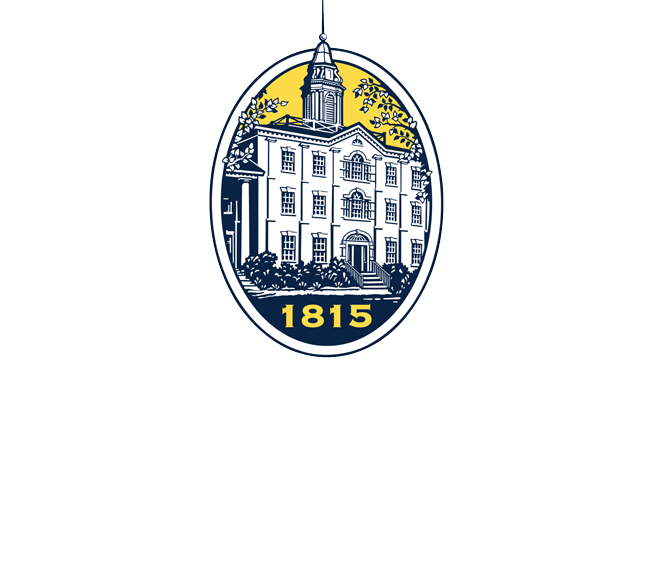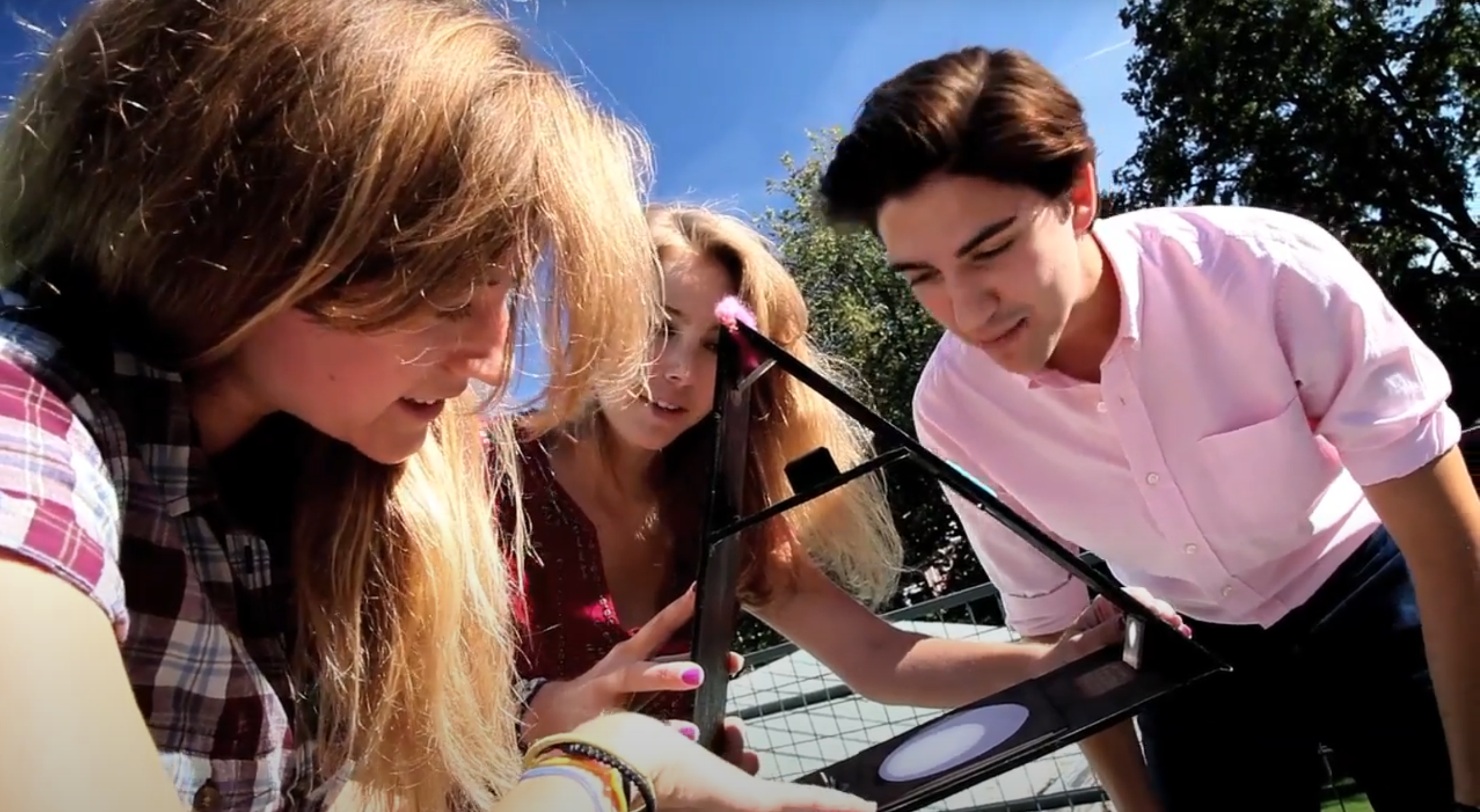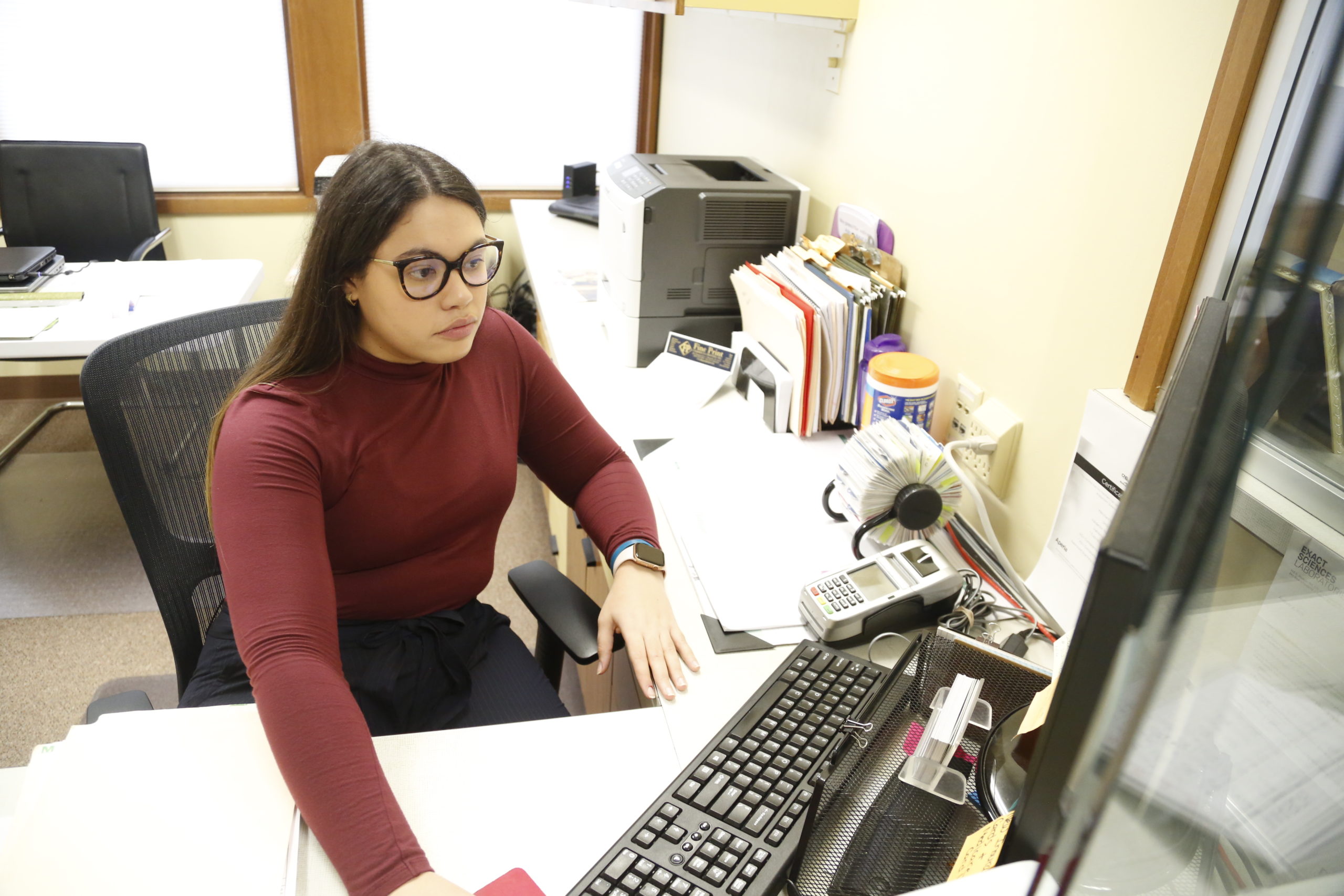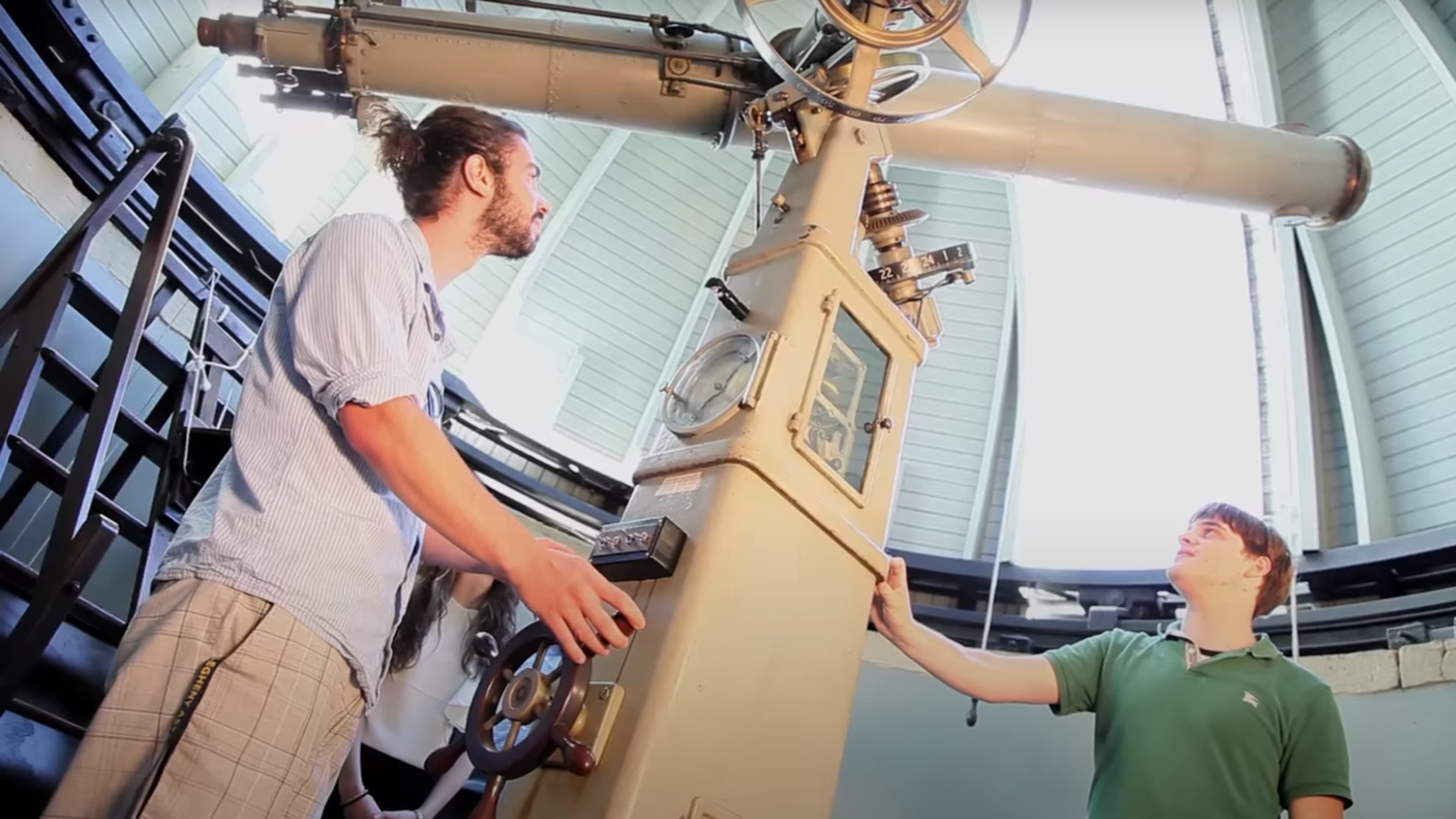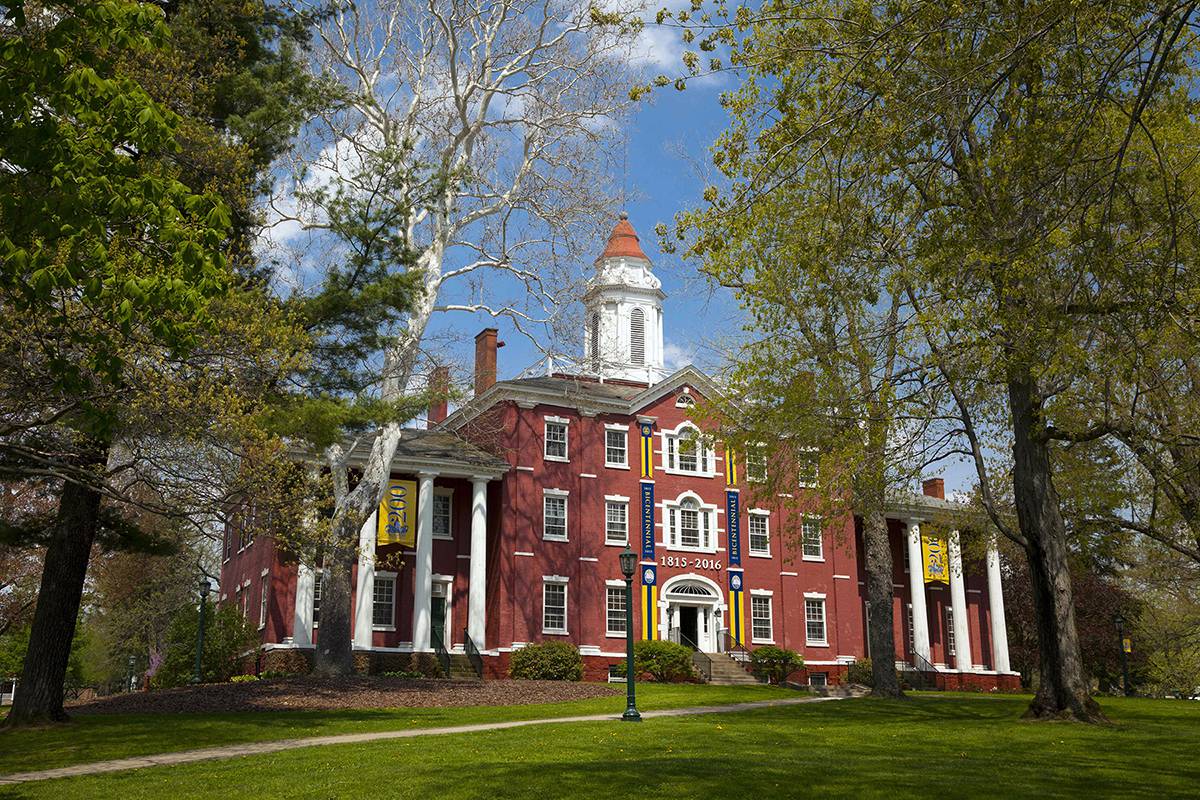Social and Behavioral Sciences
Economics major and Minor
As an Allegheny Economics student, you'll learn analytical and problem-solving abilities as you study how and why incentives influence the choices that people make. Putting those skills into practice, you'll set the stage for careers in business, finance, management, and other fields.
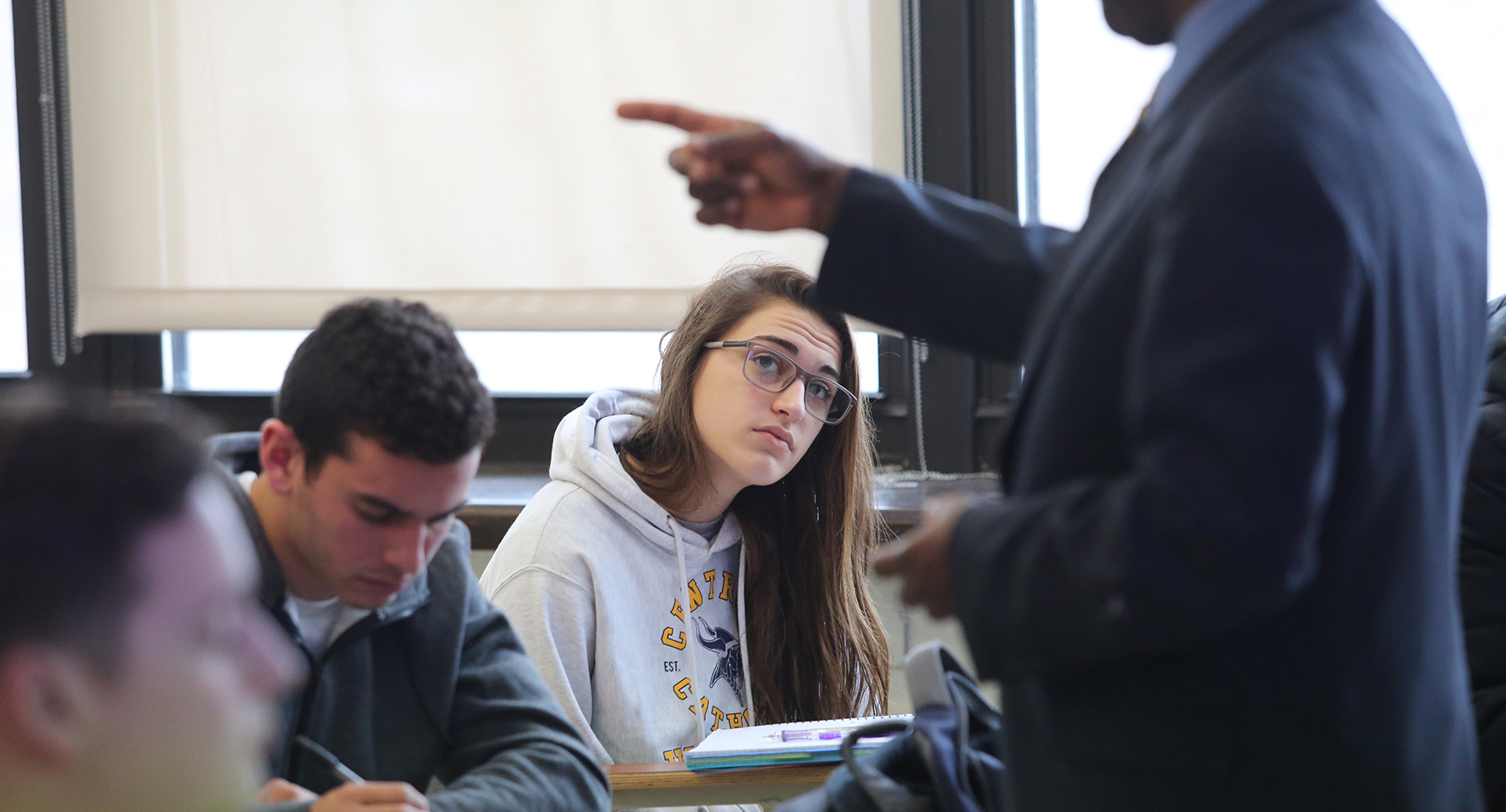
An Inside Look
Learn how we empower students for success by emphasizing real-world experience and providing a strong liberal arts foundation. Our graduates learn how they can use their financial insight and management expertise to serve humanity and leave a lasting legacy.
Your Four-Year Journey
Economics majors learn to analyze, measure, and communicate solutions to problems facing society both at the micro and macro levels. Hands-on experiential learning infuses the major, letting students apply what they learn in the classroom to helping people in the real world.
Students take Introduction to Microeconomics and Macroeconomics to build a foundation for understanding how the economy works. They meet student Fellows of the Bruce R. Thompson Center for Business and Economics (CBE), faculty and staff, alumni and other visitors to campus, who will provide guidance and mentoring. Attending CBE events, such as the Lunchtime Learning series, will help students chose among courses of study and career paths.
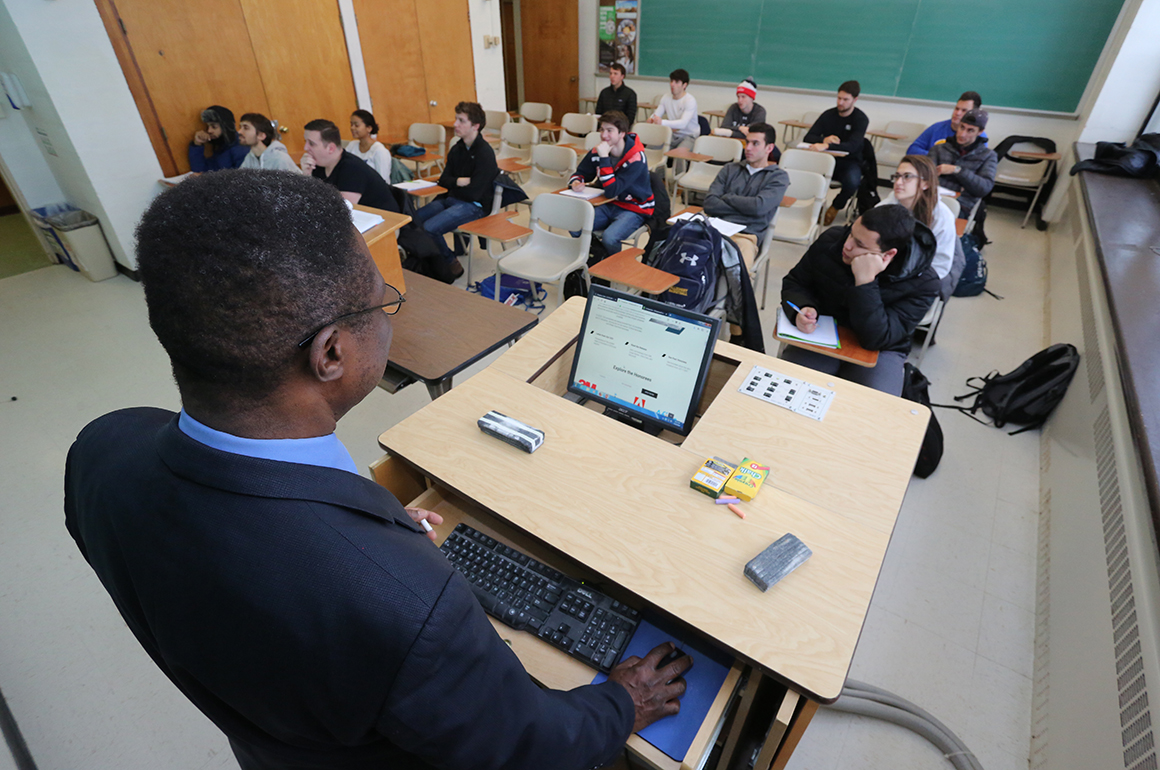
Students start to take theory courses (microeconomic and macroeconomic theory and statistics I and II), helping them build their modeling and reasoning skills. They start to take field courses in areas of interest, such as Development, Finance, International Economics, Law & Economics, Marketing, and Money & Banking. If they haven’t done so already, students start to actively participate in CBE events, such as the Financial Literacy Challenge and the Zingale Big Idea Competition. They may apply their class materials in a coop opportunity provided through ALIC. Coordinating with the Office of Career Education, they start career and internship planning. They may also plan to do summer research with faculty, engaging in Allegheny’s summer research programming.
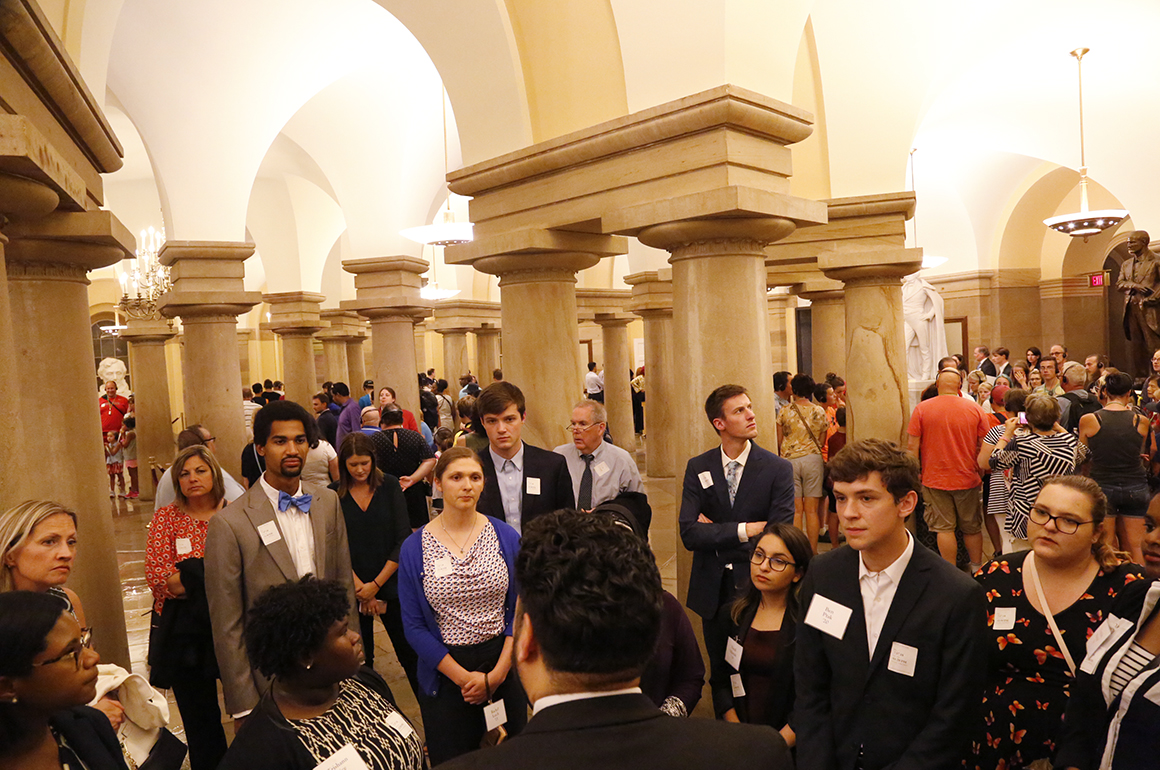
During their third year, students continue to specialize by taking field courses in areas of interest. Besides their coursework, they have important side-jobs: applying their in-class experiences to understand and help decision-making by individuals and organizations, building their professional networks, and finding an internship for the following summer. By this time, students may be CBE Fellows, earned their Bloomberg Certification, or become members of the Wealth Management Club, Women in Business and Economics Club, or ODE, the national Economics Honors Society (open to both Business and Economics majors).
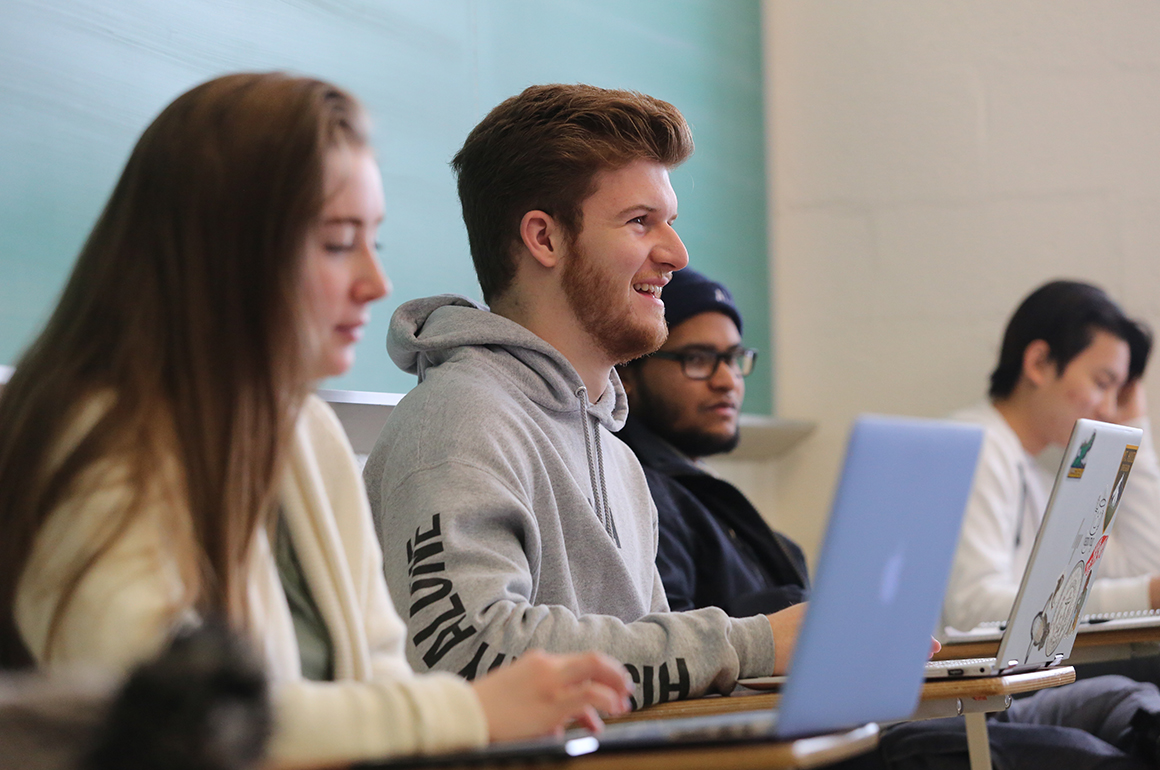
During their final year at Allegheny, students complete their Senior Seminars and Senior Projects, the capstone of their time in college. Most alumni report that their Senior Projects were the most challenging and satisfying assignment that they did at Allegheny. The Senior Project allows students to find a topic that deeply interests them and study it, under faculty guidance, for an entire school year. Students also continue to engage in CBE events, building their professional networks with visitors to campus, and planning for jobs, graduate schools, and other post-graduation experiences. The vast majority of students who engage actively in learning both in and outside of the classroom have accepted a job, graduate school position or have other solid plans upon graduation.
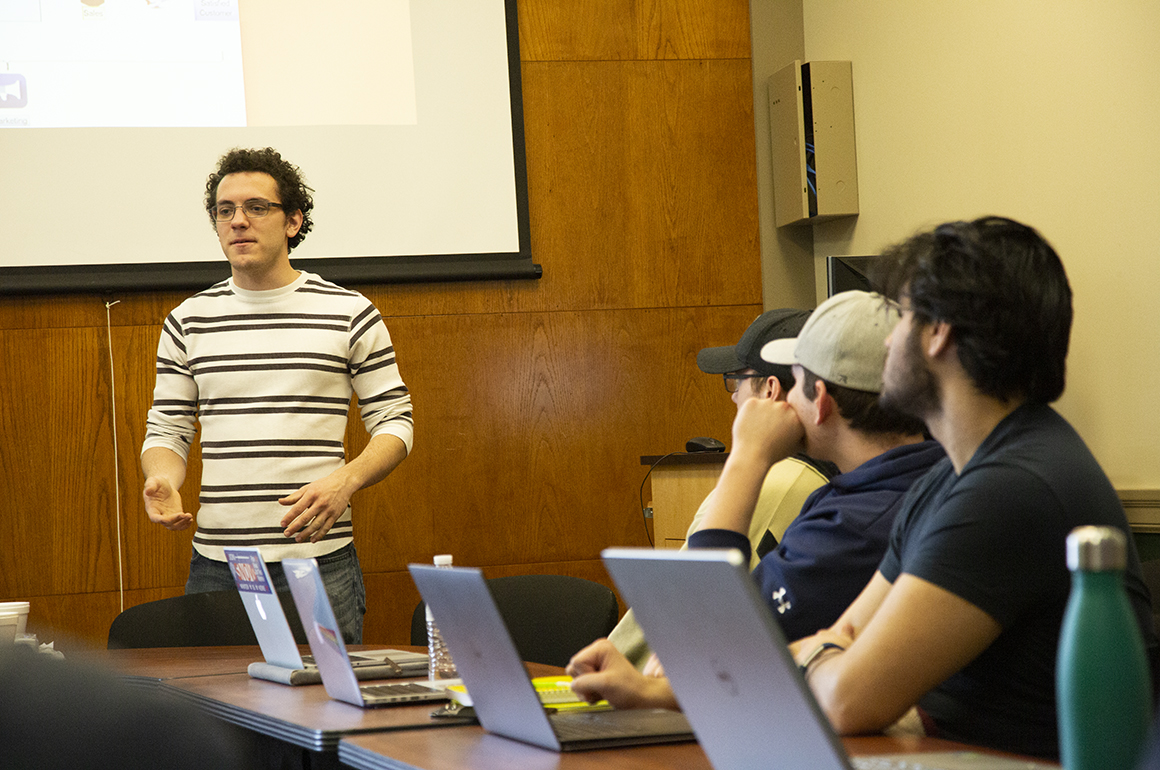
Career Outcomes
93
Of Allegheny graduates are employed, in grad school, or if in full-time service within six months of graduation.
100
Companies and other organizations come to campus to interview and recruit our students.
Alumni Careers — A Sampling
Managerial Economics Major/Chinese Minor, Class of 2016; Product Manager, GEICO
“ I quickly learned the real world isn’t always that simple, but my experience abroad and ability to communicate with different types of people landed me my first job in finance. And it ultimately got me to where I am today. ”
